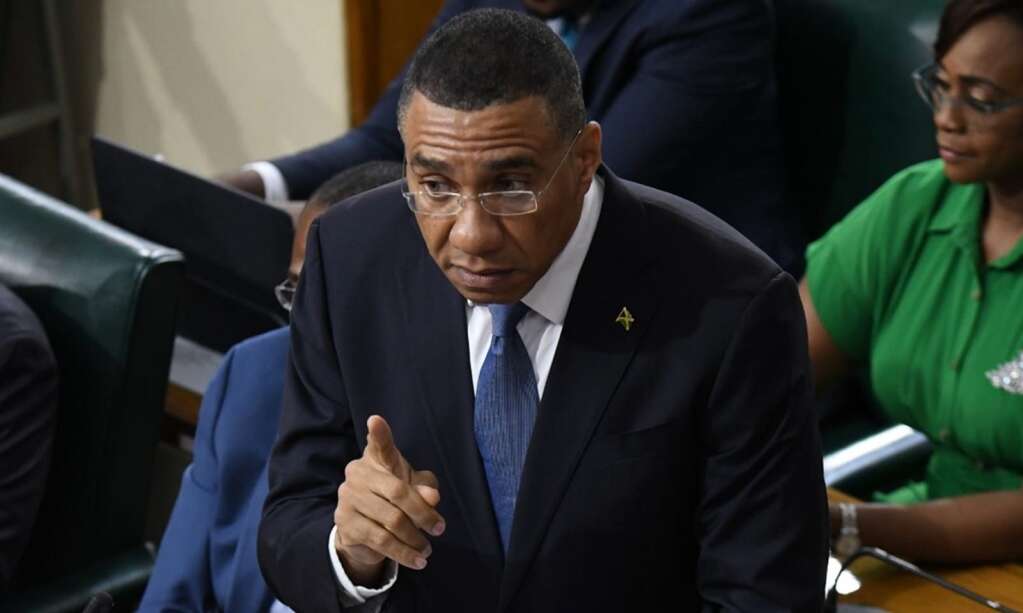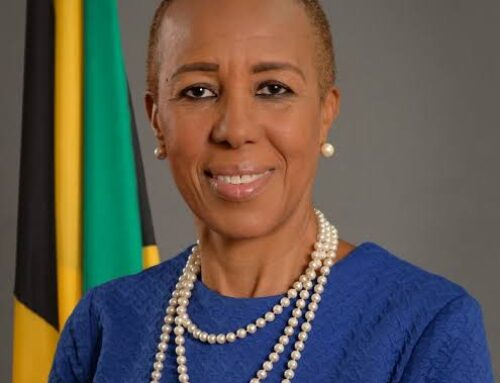
Game changer for Jamaica’s labour force
Financial Analyst Dennis Chung says the Government’s decision to remove all tuition and administrative fees from HEART/NSTA Trust programmes up to Level 4i s a great move to ensure that Jamaica has a skilled labour force for the future.
HEART offers vocational training such as cosmetology, housekeeping, mechanics and others. A Level 4 certificate is the equivalent of an associate’s degree.
Speaking on Taking Stock with Kalilah Reynolds, Chung said the move is needed to address Jamaica’s low productive labour force.
“We need to do something… what has been causing us (Jamaica) pain all these years is the low productive labour force,” he said.
“It’s the only way you’re going to improve the standard of living of people. If you want to grow the economy at 100% per year, and it requires engineers… if you’re not an engineer then it’ll never work,” he said.
President of the Private Sector Organisation, Metry Seaga echoed similar sentiments.
“It’s probably the biggest thing that I saw in the budget. The rationale is that we have a lot of unattached youths that need something to do and we also need a workforce that is well-trained,” he said.
He said this creates more opportunities for young Jamaicans to be educated and trained in several areas that can help boost Jamaica’s economy.
“I’m hopeful it’s going to make a big difference because right now business people are suffering from not finding people to work,” the PSOJ head said.
“What HEART is gonna do is equip them so they are ready for the workforce. They will be trained in the skills that businesses need,” he said.
Minimum wage
Seaga also applauded the minimum wage increase despite some pushback from the private sector.
The national minimum wage will increase from $9000 to $13,000 per 40-hour work week. Industrial security guards will receive $14,000, up from $10,500.
“I’ve had a few calls from people saying it’s going to affect their bottom lines and they will have to layoff staff. But I don’t think this will be a big issue,” Seaga said.
“There may be the odd person that needs to lay off employees, I think those employees will be able to find jobs given that the unemployment levels are where they are,” he added.
He said that given the economic pressures affecting households worldwide, an increase in minimum wage was necessary.
“I am 100% certain that it was very hard for people to live on the previous minimum wage and its still going to be hard for people to live on the new minimum wage that has been proposed,” he said.
“We need to pay people more but what we need is a bigger economy,” he added.
Seaga said it is a fine line between raising the minimum wage and creating a high inflation environment.
Chung said he believes the move will drive Jamaica’s inflation higher.
“If you put more money out there, which is what we’re doing, with no productivity increases which we’re not seeing yet, I think that you’re going to have an inflationary impact,” he said.
He noted that measures are being put in place to increase the country’s productivity, adding that he is hopeful the impact will be minimal.
WATCH THE EPISODE HERE
Ask The Analysts
The Cast David Rose Business Writer, Observer Leovaughni Dillion Investment Research & Sovereign Risk Analyst at JMMB Group
R.A. Williams to list on JSE
The Cast Audley Reid CEO R.A. Williams Distributors Julian Morrison Founder, Wealth Watch JA










Leave A Comment